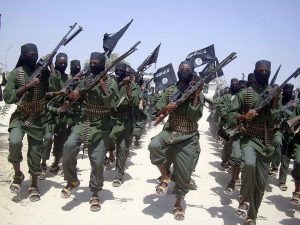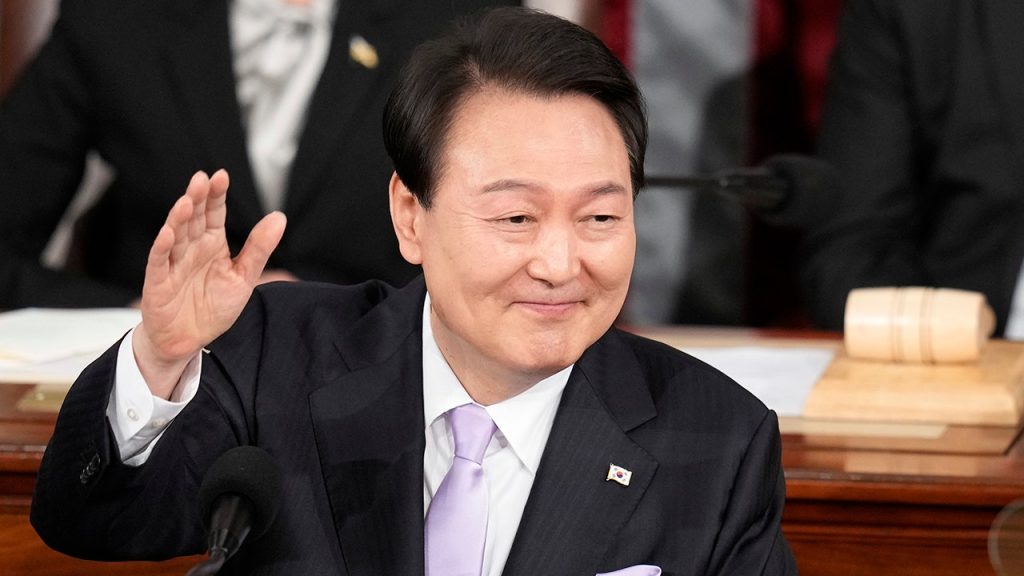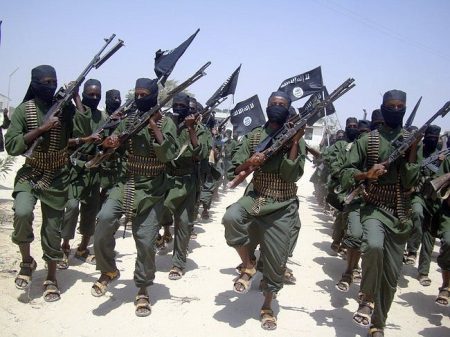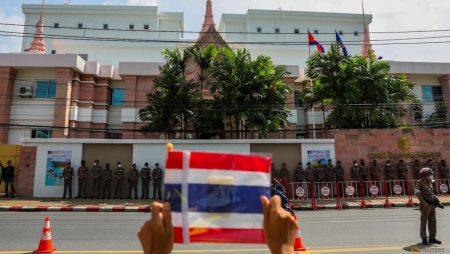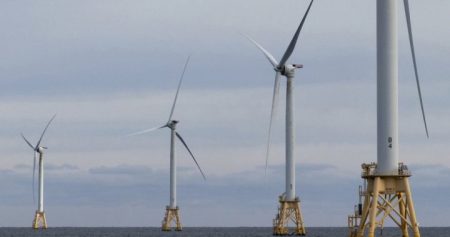The political landscape of South Korea has been dramatically reshaped by the unprecedented issuance of an arrest warrant for incumbent President Yoon Suk Yeol. This extraordinary measure, approved by the Seoul Western District Court, follows Yoon’s controversial decision to impose martial law on December 3rd, a move that swiftly led to his impeachment and suspension from power. The arrest warrant, the first ever issued for a sitting president in South Korea’s history, centers on allegations of insurrection, marking a critical juncture in the nation’s democratic trajectory and raising profound questions about the future of Yoon’s presidency. The Corruption Investigation Office for High-ranking Officials (CIO), responsible for investigating allegations of corruption within the upper echelons of government, confirmed the court’s decision, setting the stage for a legal battle that could have far-reaching consequences for South Korean politics.
The events leading to the arrest warrant began with Yoon’s declaration of martial law, a drastic measure typically reserved for times of extreme national crisis. The justification for this action remains unclear, with details surrounding the perceived threat or emergency that prompted such a response yet to be publicly disclosed. The imposition of martial law, however brief its duration, immediately sparked a significant backlash, triggering a rapid series of events culminating in the president’s impeachment by the National Assembly. This parliamentary action effectively suspended Yoon from his presidential duties, paving the way for the CIO’s investigation and the subsequent request for an arrest warrant.
The CIO’s investigation, focusing on potential insurrection charges, suggests that Yoon’s actions went beyond a mere miscalculation or overreach of executive power. Insurrection, a grave offense, implies an organized attempt to overthrow or undermine the legitimate authority of the government. The CIO’s pursuit of such a charge indicates a belief that Yoon’s imposition of martial law constituted a deliberate act aimed at destabilizing or subverting the established constitutional order. This interpretation of events places the president at the center of a serious legal and political crisis, the outcome of which will undoubtedly shape the future of South Korean democracy.
The approval of the arrest warrant by the Seoul Western District Court signifies a significant legal victory for the CIO and underscores the seriousness of the allegations against President Yoon. The court’s decision, based on the evidence presented by investigators, suggests a compelling case exists to support the charges of insurrection. This judicial endorsement of the arrest warrant removes any legal obstacles to Yoon’s detention and sets the stage for a formal indictment and subsequent trial. The president’s legal team is expected to mount a vigorous defense, challenging both the factual basis and the legal interpretation of the charges. This impending legal battle will likely be a protracted and complex affair, with potentially significant political ramifications.
The unfolding political drama in South Korea is taking place against a backdrop of heightened national anxiety following a recent deadly plane crash that claimed the lives of 179 people. This tragedy, still fresh in the nation’s collective memory, has further complicated the already tense political atmosphere. The government’s response to the disaster, including the investigation into its causes and the provision of support to the victims’ families, is under intense scrutiny. The simultaneous occurrence of the plane crash and the presidential crisis presents a formidable challenge to the stability and resilience of South Korean society. The government’s ability to effectively manage these overlapping crises will be a crucial test of its leadership and its capacity to navigate complex and challenging circumstances.
The issuance of an arrest warrant for a sitting president is an unprecedented event in South Korea, raising fundamental questions about the balance of power between the executive, legislative, and judicial branches of government. This unprecedented development will undoubtedly have long-lasting implications for South Korean politics and could potentially reshape the country’s constitutional framework. The outcome of the legal proceedings against President Yoon will be closely watched both domestically and internationally, as it will determine not only the fate of the presidency but also the future direction of South Korean democracy. The nation now faces a period of profound uncertainty, as it grapples with the complexities of this unprecedented political and legal crisis.


